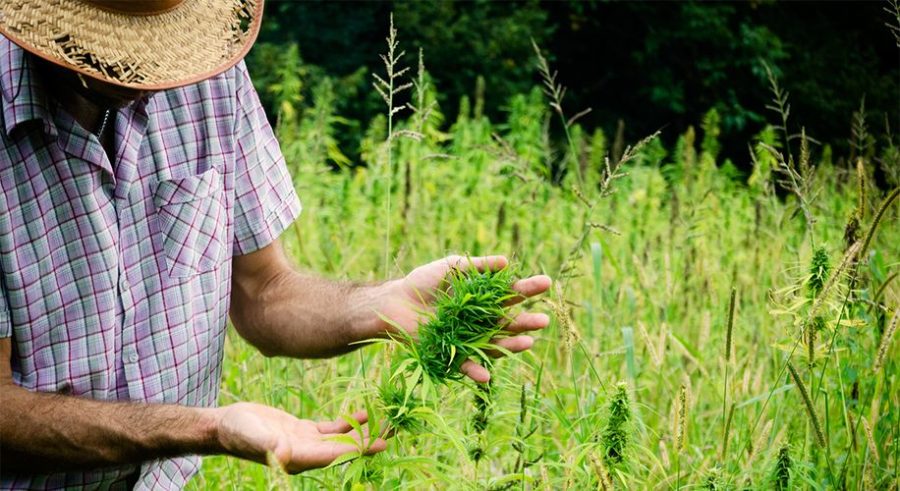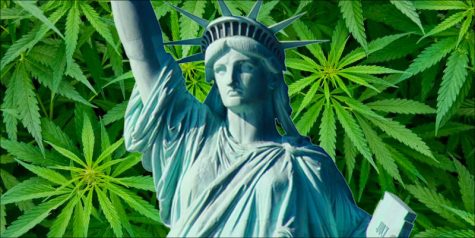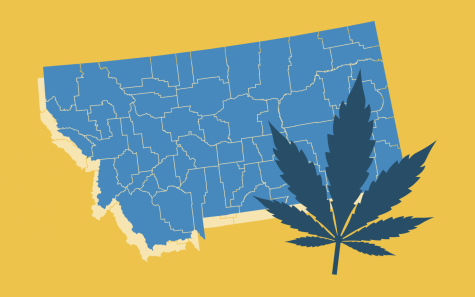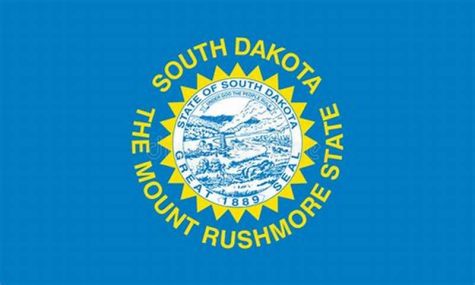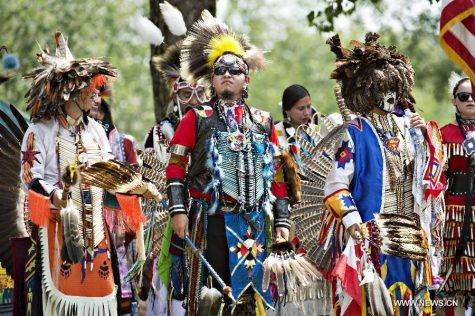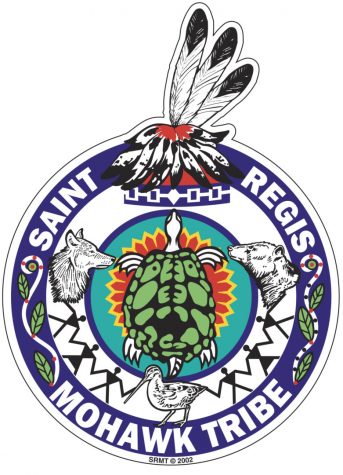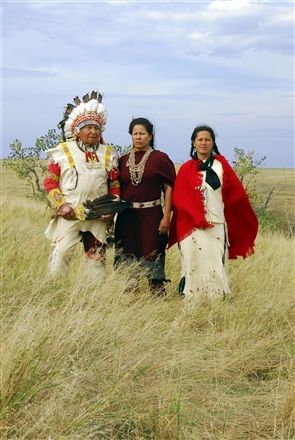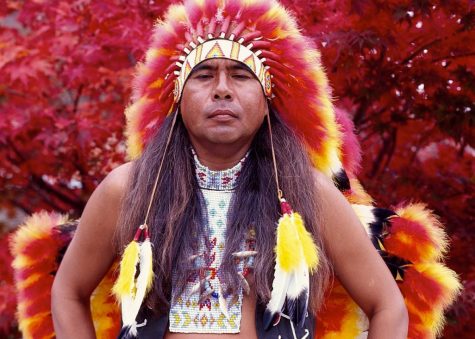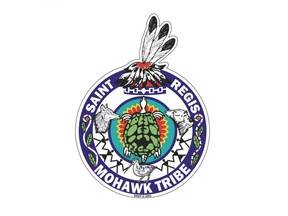Indian Tribe slams feds for discriminating against tribal medical cannabis patient after his garden is raided
Since the U.S. federal government has adopted a laid-back approach to cannabis enforcement in states that have opted to legalize the plant, it came as quite a shock when the Bureau of Indian Affairs (BIA) conducted a raid on a tribal member’s garden this past September.
The Pueblo of Picuris is a Native American territory based in New Mexico, where a cannabis legalization law took effect at the end of June. Officials with the Pueblo of Picuris are now demanding answers from the BIA, which is a recognized branch of the Department of the Interior.
Unfortunately, not much has been done to clear up the confusion that erupted when the federal agency descended on the private cannabis garden of a certified medical cannabis patient living on Indian territory in New Mexico.
“Why is Picuris being discriminated against or picked on? Why are we having to suffer the consequences of a rogue officer? That’s what we’re trying to get to,” tribal governor Craig Quanchello said.
“That’s the story we’re trying to tell, is for them to have some equality across the Indian country for tribes,” he said, adding that the tribe wants to know “what is that secret criteria that is needed by the feds to not bother us that everybody else seems to have except us?”
Letter outlining cannabis raid at Picuris Pueblo was sent to BIA
One day after the cannabis raid took place, Pueblo of Picuris sent a letter to BIA via an attorney. The letter outlined concern regarding the agency’s failure to notify the tribe-residing medical cannabis patient about enforcement action.
According to the letter, the cannabis raid at Picuris Pueblo was “a gross invasion” of the North American Indian settlement’s authority over its tribal members and other people living on the same territory.
“While possession of cannabis is, as we acknowledged, technically a violation of federal law, the fact that the United States has plainly adopted a hands-off attitude in the many states that have legalized cannabis possession and sale, for medical purposes and, increasingly, for personal, recreational use, demonstrates that cannabis possession is not considered by the federal government to be a matter warranting law enforcement attention,” the letter reads.
“We are thus extremely surprised, and concerned, that BIA law enforcement officers, who surely have far more pressing priorities, would take it upon themselves to carry out an operation like this, particularly where it was against persons whose possession of cannabis was for medical purposes,” the letter continues.
Letter response from BIA
BIA responded to the letter by saying that it “is generally not appropriate” to provide tribal communities with “prior notification of law enforcement operations” since it could jeopardize officer safety. The tribe’s letter “also expressed the Pueblo’s concern that the cannabis plants may have been unfairly seized.”
BIA confirmed that it is required to impose federal law and does not force any of its serving officers to ignore violations of federal law in Indian Country.
Although the 54-year-old patient responsible for growing the nine seized cannabis plants does not identify as Native American, he does have a tribal member wife. Moreover, he permanently resides on the territory.
“I was just open with the officer, straightforward,” Charles Farden said of the raid during an interview with The Associated Press. “When he asked what I was growing, I said, ‘My vegetables, my medical cannabis.’ And he was like, ‘That can be a problem.’”



